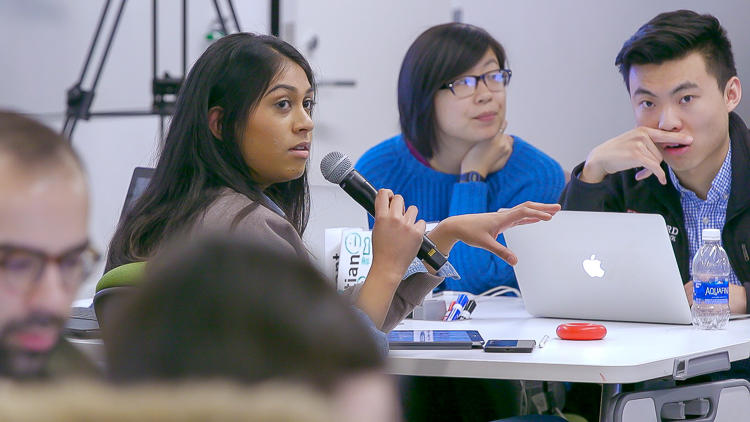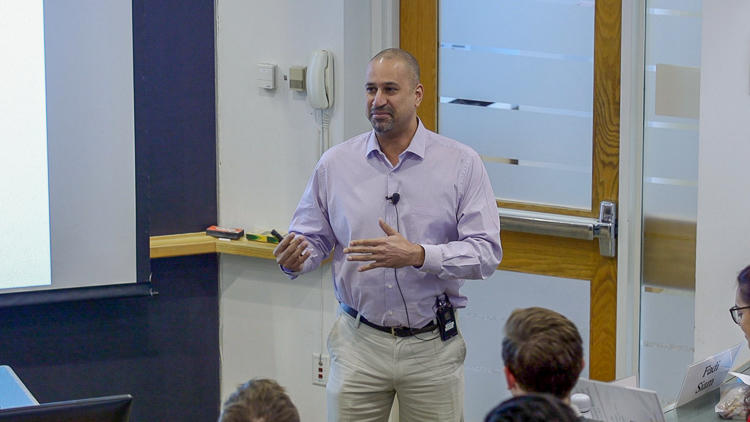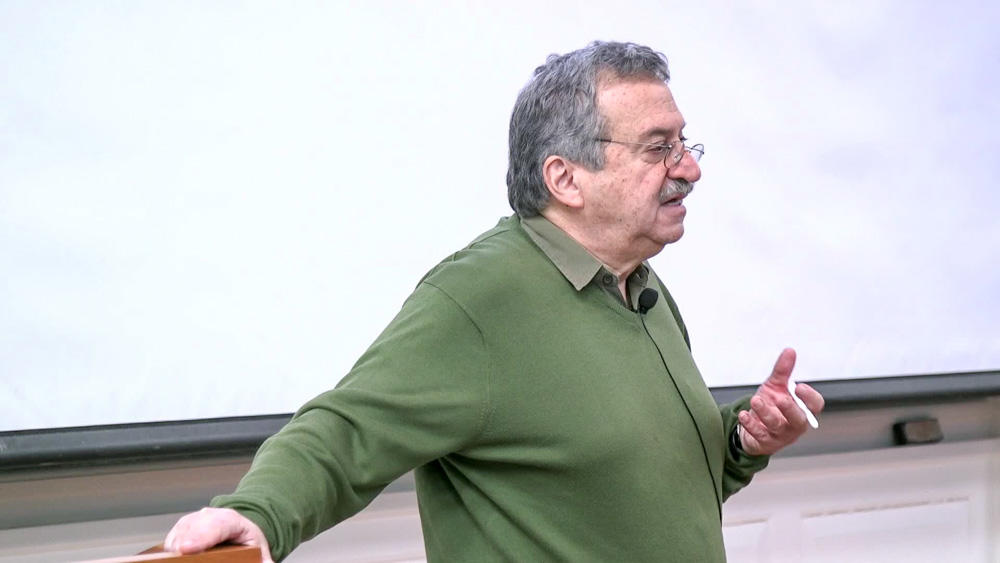While too much storytelling from an instructor can pull a lesson off-track, a strategically placed anecdote from the field can substantially enliven a case. In Barbara Cockrill’s Homeostasis I course, instructors are practicing physicians themselves, and they find ways to purposefully share prior field experiences with students to illuminate otherwise abstract concepts. What one student calls “pearls of wisdom” also spur impromptu but vital conversations about the many ethical dilemmas practitioners face.
Sharing relevant experiences from the field
Instructor
Barbara Cockrill, Harold Amos Academy Associate Professor of Medicine
Student Group
Graduate
School
Harvard Medical School
Course
Homeostasis I
Group Size
40 students
Additional Details
First-year requisite
- As you design cases and lessons, identify places where a particularly illustrative anecdote from your own practice might help students understand concepts more deeply. While too much storytelling might distract from the case, a thoughtfully selected and rehearsed anecdote can boost engagement and breathe life into course material.
- Share relevant experiences from the field to emphasize for students that the work they do extends beyond classroom learning and has real-world relevance.
- You might also raise field experiences because they are frequently more complicated and ethically fraught than straightforward textbook examples. This kind of strategic storytelling can be a powerful stimulus to surface broader ethical dilemmas underlying your field.
- Kamarainen et al. demonstrate that teaching science in a way that is meaningful and relevant to students is linked to learning gains and affective gains (2013).
- Application of scientific knowledge in real-word contexts and engagement of students’ own perspectives can promote transfer beyond the classroom (Dede, 2009).
- Carleton College’s Science Education Resource Center provides suggestions for incorporating real world experiences and problems into your classroom in a variety of ways.




